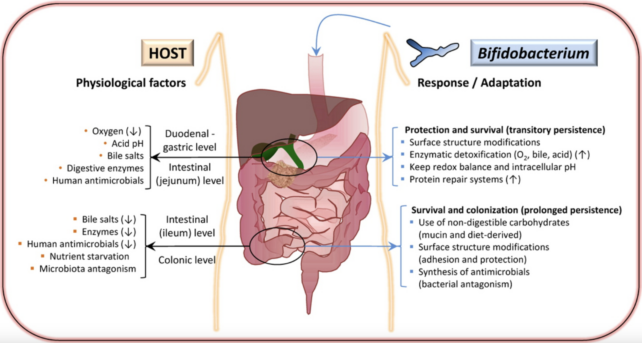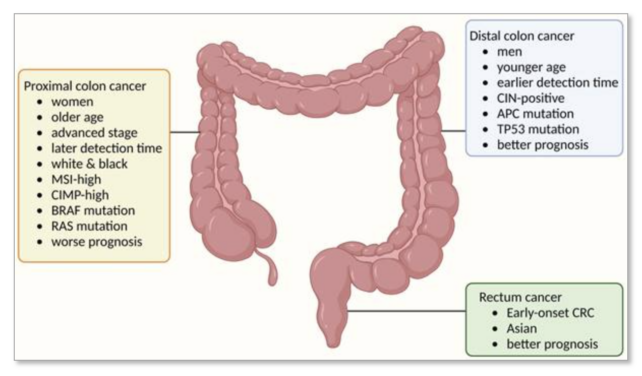
Consuming just two servings of yogurt weekly could offer protection against certain forms of cancer, as revealed by a recent long-term study conducted in the United States.
Researchers have long believed that yogurt and its beneficial bacteria contribute significantly to digestive health. However, previous studies have shown mixed results regarding the precise benefits and timing of these advantages.
This latest research aims to clarify some of that ambiguity.
Overall, the epidemiologists did not establish a strong link between yogurt consumption and the general occurrence of colorectal cancer, which is the third most prevalent cancer worldwide and the second leading cause of cancer-related fatalities.
However, when cancer cases were analyzed by subtype, a significant relationship emerged.
These findings are in agreement with several observational studies that propose yogurt may possess properties that help combat tumor development.
“Our study provides valuable insights into the potential advantages of yogurt consumption,” states epidemiologist Shuji Ogino from Brigham and Women’s Hospital and Harvard University.
“My lab’s focus is on connecting long-term dietary habits and other influences to observable differences in tissue, such as the presence of specific bacteria. This type of investigative work strengthens the evidence linking diet to health outcomes.”
Although the results are observational, they encompass the health and self-reported habits of over 87,000 women and nearly 45,000 men tracked for three decades or more. The comprehensive dataset involved over 3 million years of individual follow-up data, according to Ogino and his research team.
Individuals diagnosed with colorectal cancer who enjoyed two or more servings of yogurt each week were found to be 20% less likely to present with a Bifidobacterium-positive tumor compared to those who had fewer than one serving monthly. This effect was particularly pronounced in proximal tumors located in the upper section of the intestinal tract.
Bifidobacterium are beneficial microbes that are naturally found in the human gut and commonplace in yoghurt. In approximately 30% of colorectal cancer cases, this bacterium is found within tumor tissue and is often linked to a highly aggressive cancer form.

Bifidobacterium tends to flourish in the low-oxygen environment of tumors, indicating that its presence in certain colon tumors may suggest a higher rate of translocation across the intestinal barrier into colon tissue.
Interestingly, consuming more Bifidobacterium could potentially help mitigate this translocation over time.
Early research indicates that this bacterium may provide antioxidant, anti-inflammatory, and immune-boosting effects, which could influence the health of the gut microbiome and the integrity of the intestinal barrier.
Further investigation is necessary to determine whether yogurt can offer these benefits, but the observational evidence continues to accumulate.
“Our results imply that yogurt consumption might play a role in preventing colorectal cancer associated with an impaired intestinal barrier,” the authors of this study conclude in their analysis.
“Additional research is needed to understand the potential mechanisms by which long-term yogurt consumption may influence the genesis of colorectal cancer.”

Proximal colon cancer, which arises higher up in the intestine, generally presents a lower survival rate compared to distal colon cancer, where tumors develop further down the digestive tract. These forms of cancer are currently on the rise.
Exploring the potential of food as a preventive health measure is an intriguing avenue for future research. A 2021 randomized trial from Stanford University demonstrated that fermented foods, including yogurt, can positively influence the microbiome and immune systems in healthy individuals.
Epidemiologist Andrew Chan from Massachusetts General Hospital, part of the recent study, states, “Our findings contribute to the expanding body of evidence that highlights the connection between diet, the gut microbiome, and colorectal cancer risk.”
“This research paves the way for investigating specific factors contributing to colorectal cancer risk among younger populations.”
The study has been published in the journal Gut Microbes.









